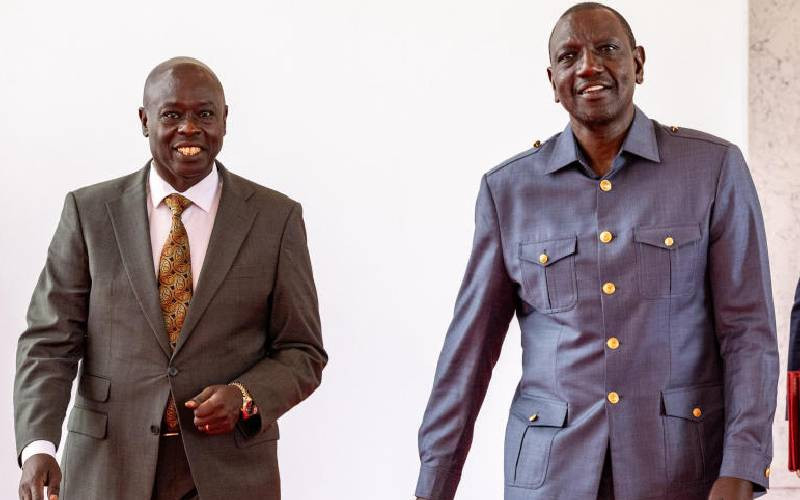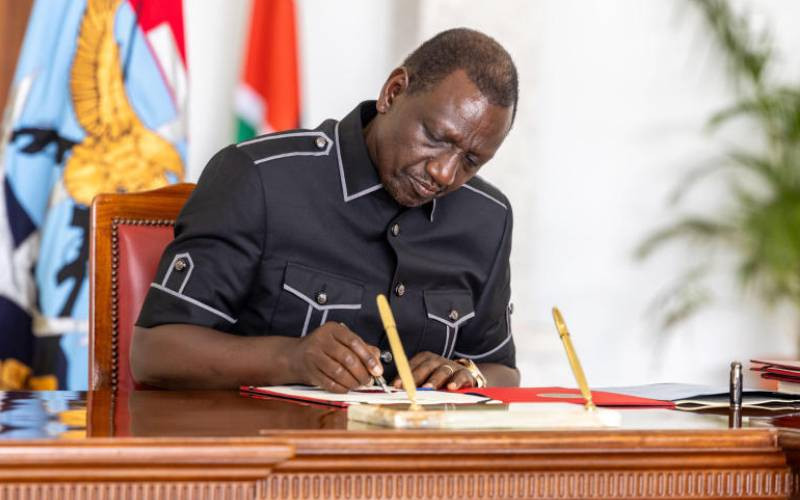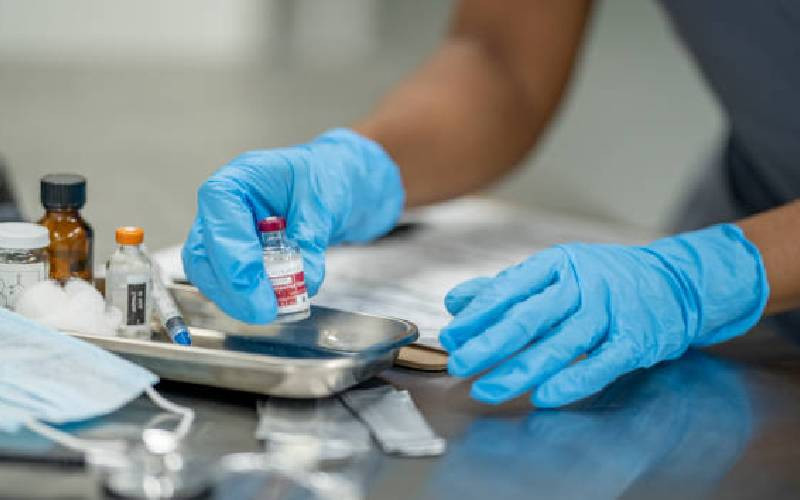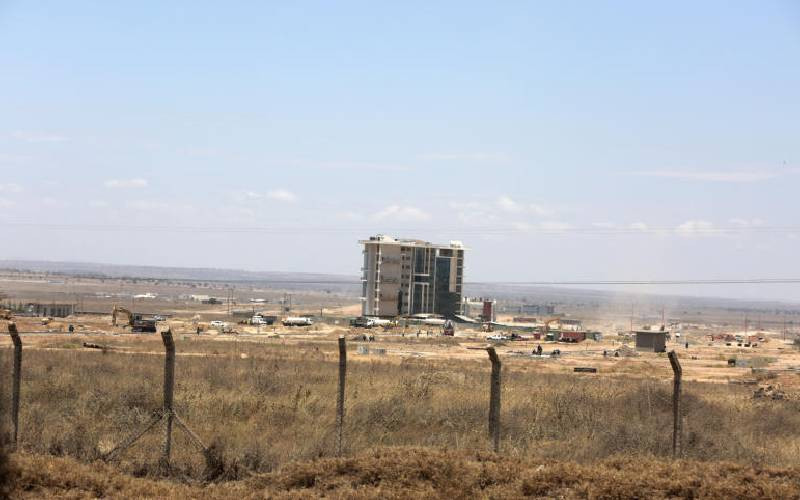
The safety of children in the digital era is a critical concern requiring immediate attention. Shockingly, it is estimated that the reported child sexual abuse material (CSAM) globally stands at 105.6 million (CyberTipline 2023).
In Kenya, the situation mirrors this sad reality, with a significant number of children exposed to any manifestation of Online Child Sexual Exploitation and Abuse (OCSEA) also falling victim to in-person physical, sexual, or emotional violence, as revealed in the 2021 Disrupting Harm Report.
Urgent action is therefore needed to address this and safeguard the safety of children online.
According to the Disrupting Harm Report, Kenyan children are active internet users, with 67 per cent of 12–17-year-olds using the internet. This shows that the older the children are, the more they tend to stay online. 13 per cent of children also reported having been asked to talk about sex unwillingly, thus experiencing OCSEA.
Alarmingly, 38 per cent of children did not report these incidents due to not knowing whom to tell, or for fear of being blamed. The Terre des Hommes Netherlands’ Safety for Children and Their Rights Online (SCROL) Baseline Survey conducted in Kenya reveals that children between 12-17 years are more likely to physically meet a stranger they met online, with 23.1 per cent acknowledging to have met strangers online, which makes them most vulnerable age group.
Additionally, the SCROL Baseline Survey Report by Terre des Hommes Netherlands reveals that caregivers and parents admit to applying restrictive measures to protect their children online.
While these measures may initially reduce children’s exposure to risks, they can also hinder their digital skills and familiarity with the online environment. Children may also resort to clever and riskier ways of accessing the internet through gadgets thus exposing themselves to even greater danger.
The threats faced by children online are diverse and evolving. Internet Watch Foundation’s new annual report shows that the majority of the reports they receive concern ‘self-generated’ content (content made by children themselves) usually because they were groomed or extorted.
This shows grooming is the leading cause of the production of child sexual abuse imagery. This is a trend noted since 2021. Before then, this was not the case! Importantly, according to the Internet Watch Foundation, while girls are sexually extorted for more images, boys are sexually extorted for money.
The devastating impact of OCSEA cannot be overstated, as it inflicts psychological trauma and long-lasting emotional distress on children. Additionally, OCSEA often leads to social isolation, physical harm, disrupted education, and a host of enduring consequences that hinder children’s overall well-being and development.
As the threat of OCSEA grows, there is need for decisive action from stakeholders, including government actors, civil society, private sectors (travel and tourism, hotels etc), parents and communities, and children themselves.
Terre des Hommes Netherlands and Childline Kenya (CLK) have emerged as pivotal organisations driving change through implementation of the SCROL programme. Terre des Hommes Netherlands and Childline Kenya, in collaboration with Governmental departments such as the Directorate of Children Services and the Directorate of Criminal Investigation, alongside other actors, have taken the lead in addressing OCSEA.
The impactful #OnlineSafetyChampions campaign, for example, effectively raised awareness and sensitised children and parents on the various forms of OCSEA, its effects, prevention strategies, and reporting mechanisms.
Addressing OCSEA demands a multifaceted approach involving various stakeholders. Every stakeholder must play a role in creating a safer digital environment for children. Let us take urgent action now to ensure the safety and well-being of our children online.
-The writers are Country Director, Kenya, Terre des Hommes Netherlands and Executive Director, Childline Kenya
 The Standard Group Plc is a multi-media organization with investments in media platforms spanning newspaper print
operations, television, radio broadcasting, digital and online services. The Standard Group is recognized as a
leading multi-media house in Kenya with a key influence in matters of national and international interest.
The Standard Group Plc is a multi-media organization with investments in media platforms spanning newspaper print
operations, television, radio broadcasting, digital and online services. The Standard Group is recognized as a
leading multi-media house in Kenya with a key influence in matters of national and international interest.











